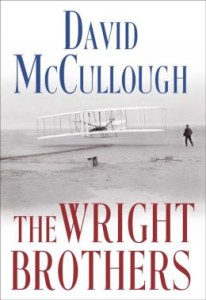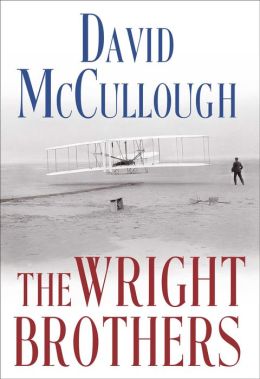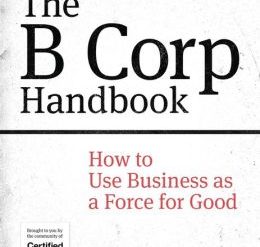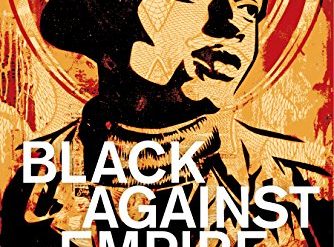
In a world awash with praise for digital pioneers such as Steve Jobs and Bill Gates, it’s all too easy to forget some of the extraordinary people who have shaped our world through business. We remember Thomas Edison, of course: the harnessing of electricity is impossible to overlook. But we recall Henry Ford, Andrew Carnegie, and John D. Rockefeller as much because of all the money they made as well as their accomplishments in business. Others did work that was just as consequential for our society. Wilbur and Orville Wright are certainly among them. How often do their names come up today? How recently have we come across a book about the Wright Brothers?
Estimated reading time: 5 minutes
The grade school image of the Wright Brothers is grossly misleading: they were far more than two humble bicycle mechanics from Dayton, Ohio, who somehow managed to fly a few hundred feet in the air with a homemade biplane that looked as though it was made of the same balsa wood I used to construct model planes as a kid. As David McCullough makes clear in his brilliant biography, the Wrights dedicated their lives and all the profits from their successful bike store for six years before they achieved sustained flight in the air. They were fanatically devoted to their quest, working long hours under extremely difficult conditions, and they demonstrated patience and persistence that would do any experimental scientist proud.
The Wright Brothers by David McCullough ★★★★★
The Wright Brothers worked with gliders for several years before building an engine to power their flight, and then, after many failed attempts, only the third version of their airplane proved serviceable. More than once their planes and their hangar and base of operations at Kitty Hawk, North Carolina, were destroyed in storms. One of their competitors, the head of the Smithsonian Institution, dismissed them as poseurs; he led a lavishly funded competitive effort that proved a dismal failure.
Even once the Wrights had succeeded in flying their heavier-than-air craft they were repeatedly turned away by the War Department when they offered their airplane for military use and were ridiculed almost universally in the American press and throughout Europe. Their singular accomplishments came to the attention of the US public only because a fan who published a paper called Gleanings in Bee Culture (yes, a paper about raising bees!) wrote the first widely circulated article about their work. Theirs is an extraordinary story, and McCullough tells it as well as I could imagine.
McCullough focuses on their lives after they first flew
Much of The Wright Brothers is devoted to their work after their inaugural flight reached public awareness. In some ways, that story is even more surprising than the account of their initial success. Wilbur and Orville, sometimes together, sometimes apart, began an endless series of demonstrations before both military audiences and the public throughout Europe (where interest in flight was greater) and in the US. Those demonstrations gained them the recognition they deserved: they became the superstars of their age, two of the most-recognized people in the world for many years. After years of difficulty in scraping together the money for travel, they also became wealthy.
As I read The Wright Brothers, I was struck by the continuity of America’s brief history. The brothers’ father, Milton, “had been born in a log cabin in Indiana in 1828. . .” and his father was a Revolutionary War veteran. “The brothers were well into their twenties before there was running water or plumbing in the house” and there was no electricity — barely more than a century ago, only a few decades before I was born! Perhaps 100 years seems like an impossibly long time to you. Not to me.
Wilbur Wright was a genius
As McCullough makes clear, Wilbur, the older of the two brothers, was unquestionably a genius. Though self-taught like his younger brother, he demonstrated a rare capacity to understand and absorb technical information about aeronautics and a host of other subjects. Today, we might consider them eccentric. Both lifetime bachelors, “[t]hey lived in the same house, worked together six days a week, ate their meals together, kept their money in a joint bank account, even ‘thought together,’ Wilbur said.” Their younger sister, Katharine, and their father, Bishop Milton Wright, an influential Protestant preacher, both played major roles in their lives.
I’ll read just about anything David McCullough writes. I wish he were forty years younger, so I could anticipate many more of his brilliant histories and biographies. (He was born in 1933.) McCullough won the Pulitzer Prize both for Truman and for John Adams, both of them also best-sellers which I found to be entirely deserving of that prize. He combines great skill as an historian with a superior command of the English language. As a result, his books read more smoothly than most novels. The Wright Brothers, McCullough’s latest, rises to the same level. Highly recommended.
For related reading
This is one of the Best books about innovation reviewed here and of My 10 favorite books about business history.
Like to read good biography? Check out 10 great biographies.
If you enjoy reading nonfiction in general, you might also enjoy Science explained in 10 excellent popular books and Top 10 nonfiction books about politics.
And you can always find my most popular reviews, and the most recent ones, on the Home Page.


























